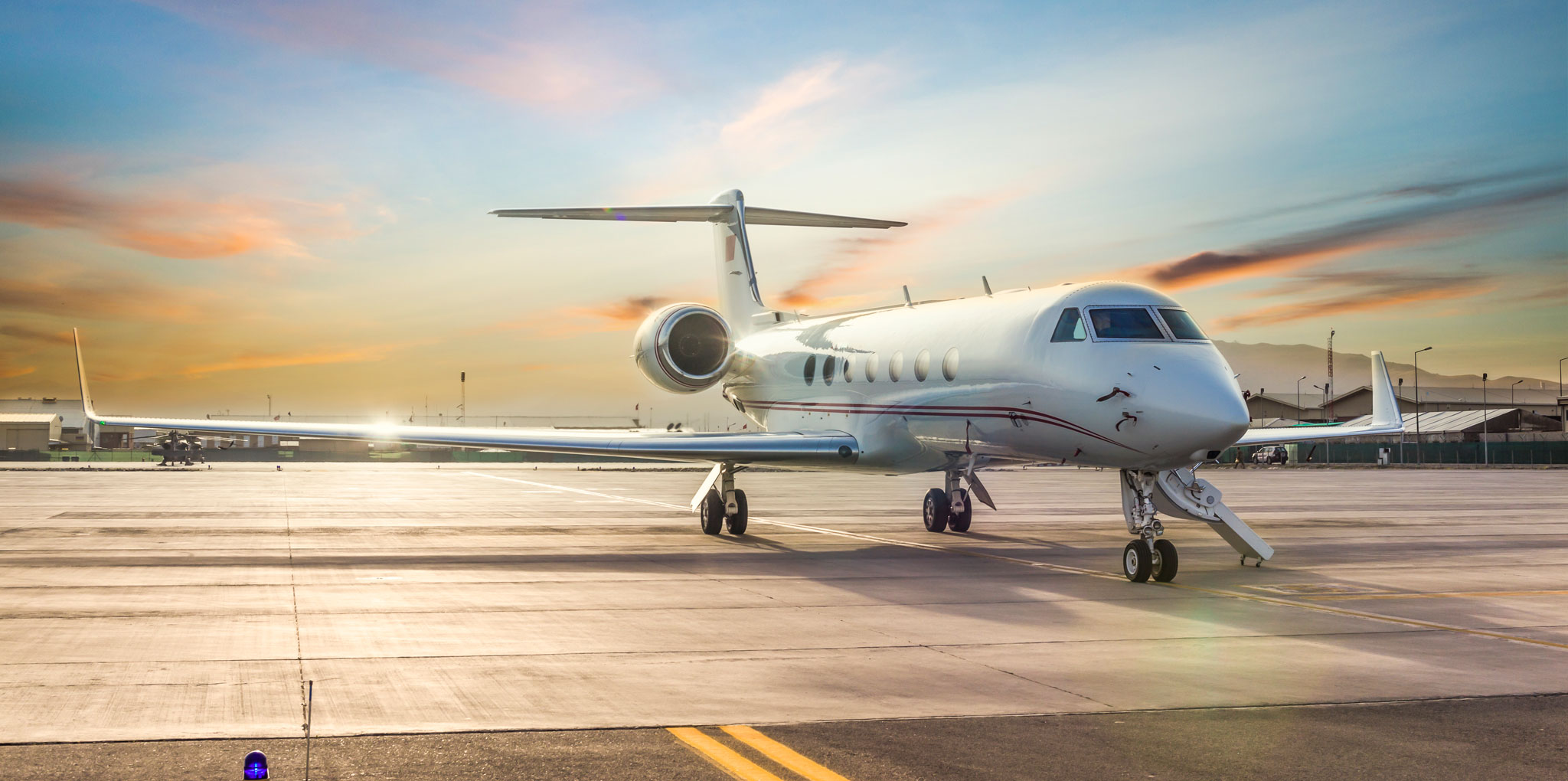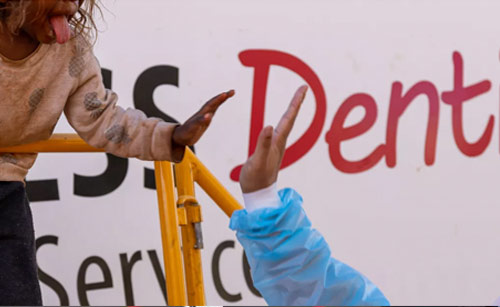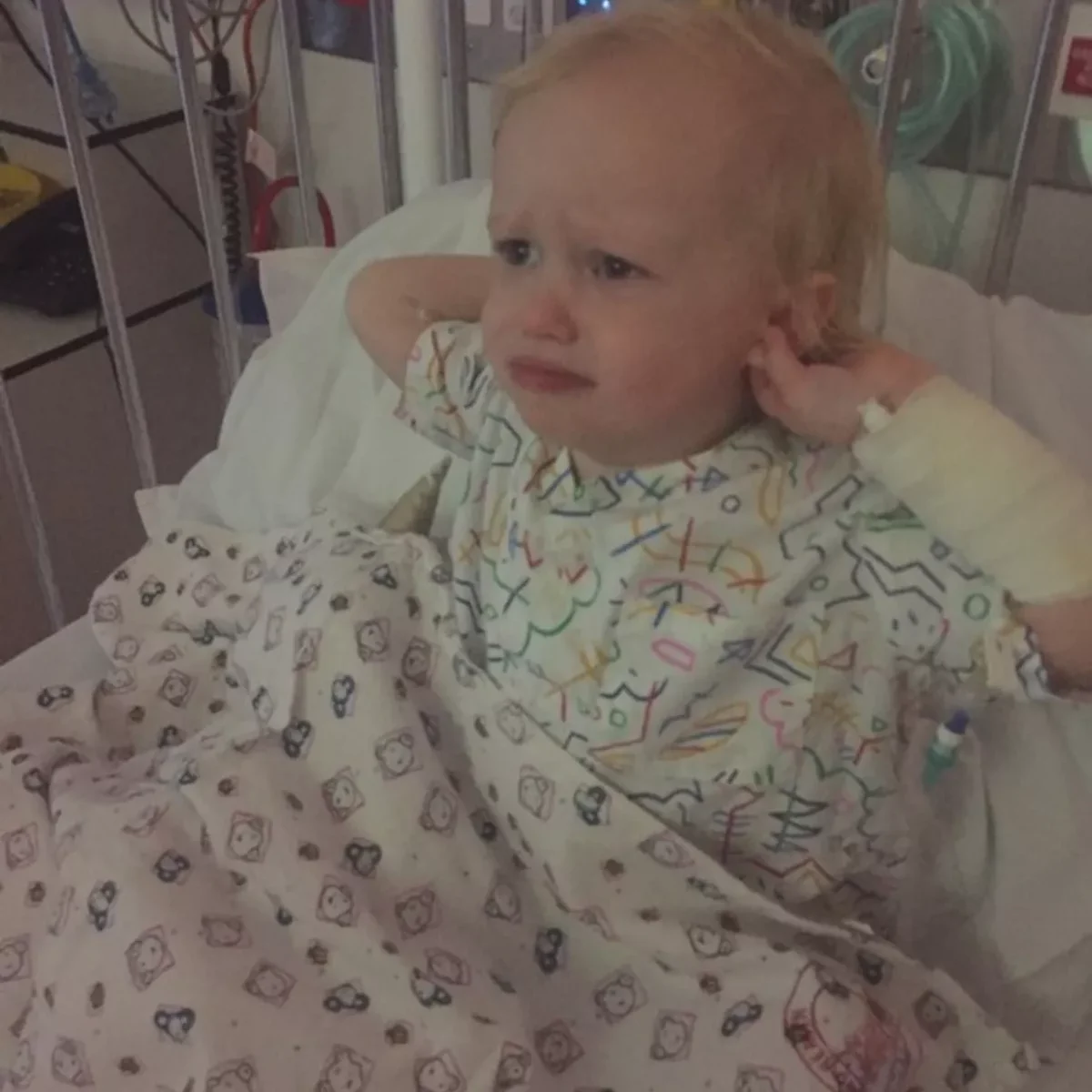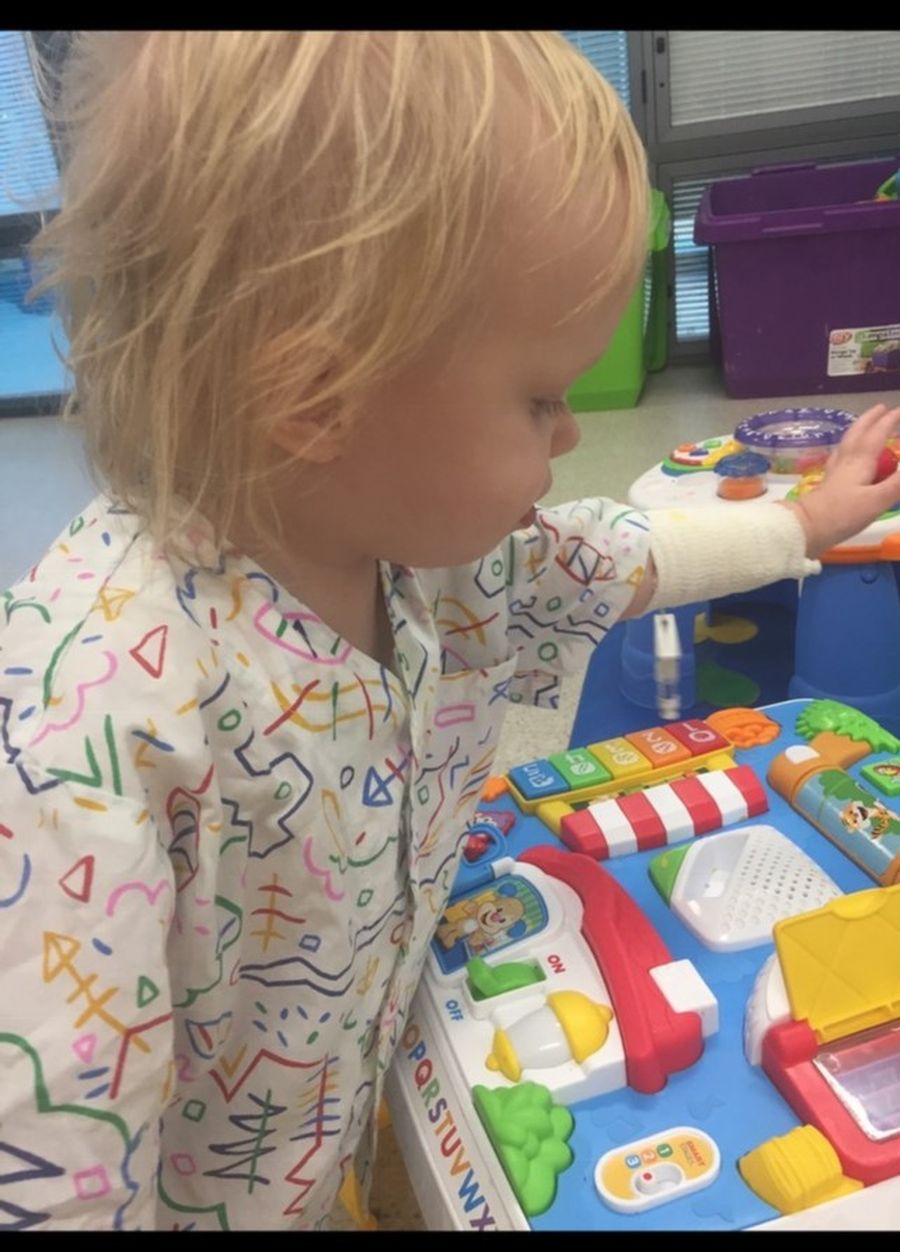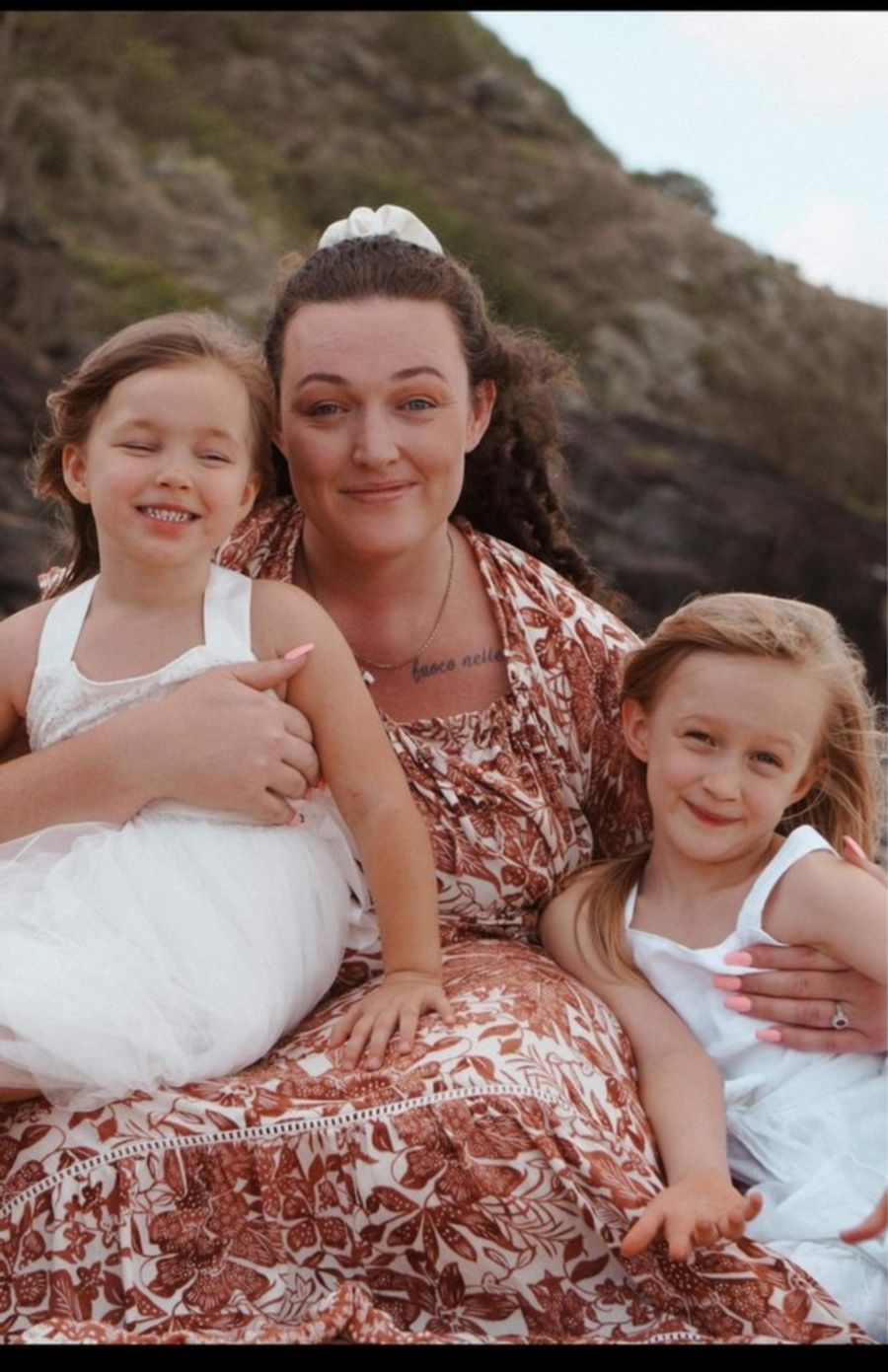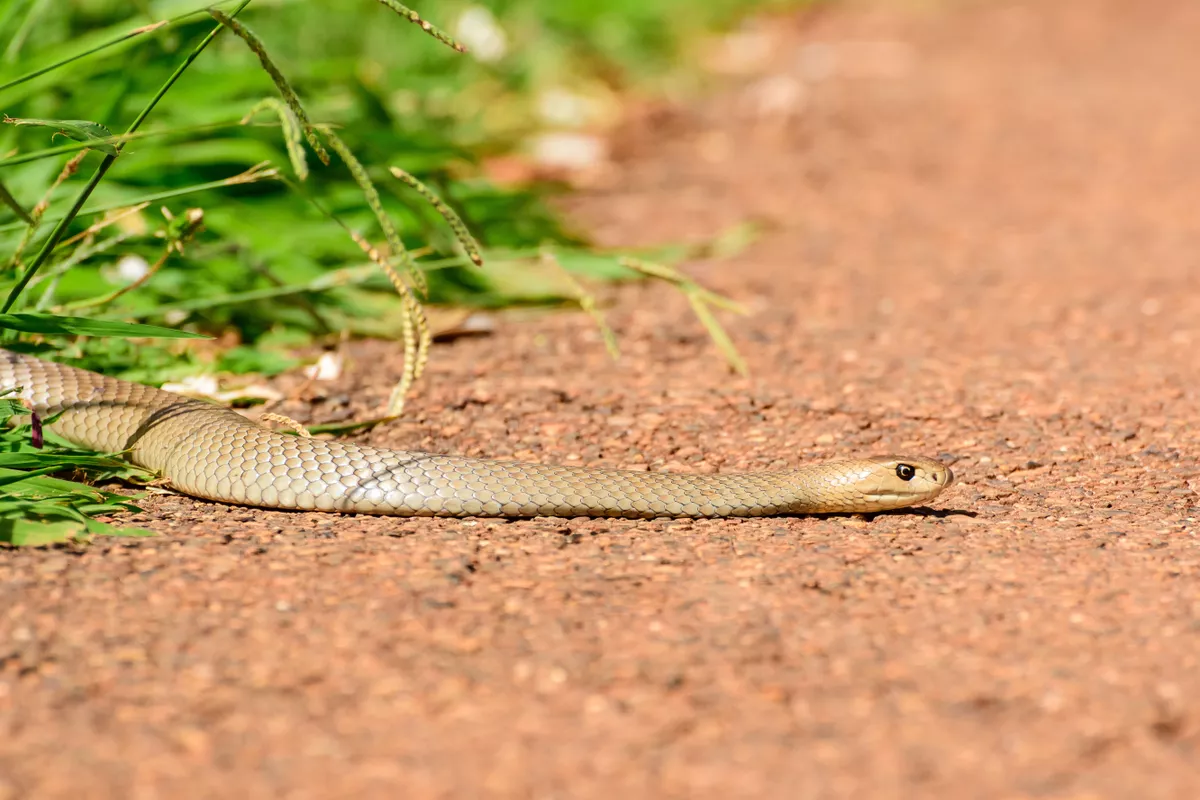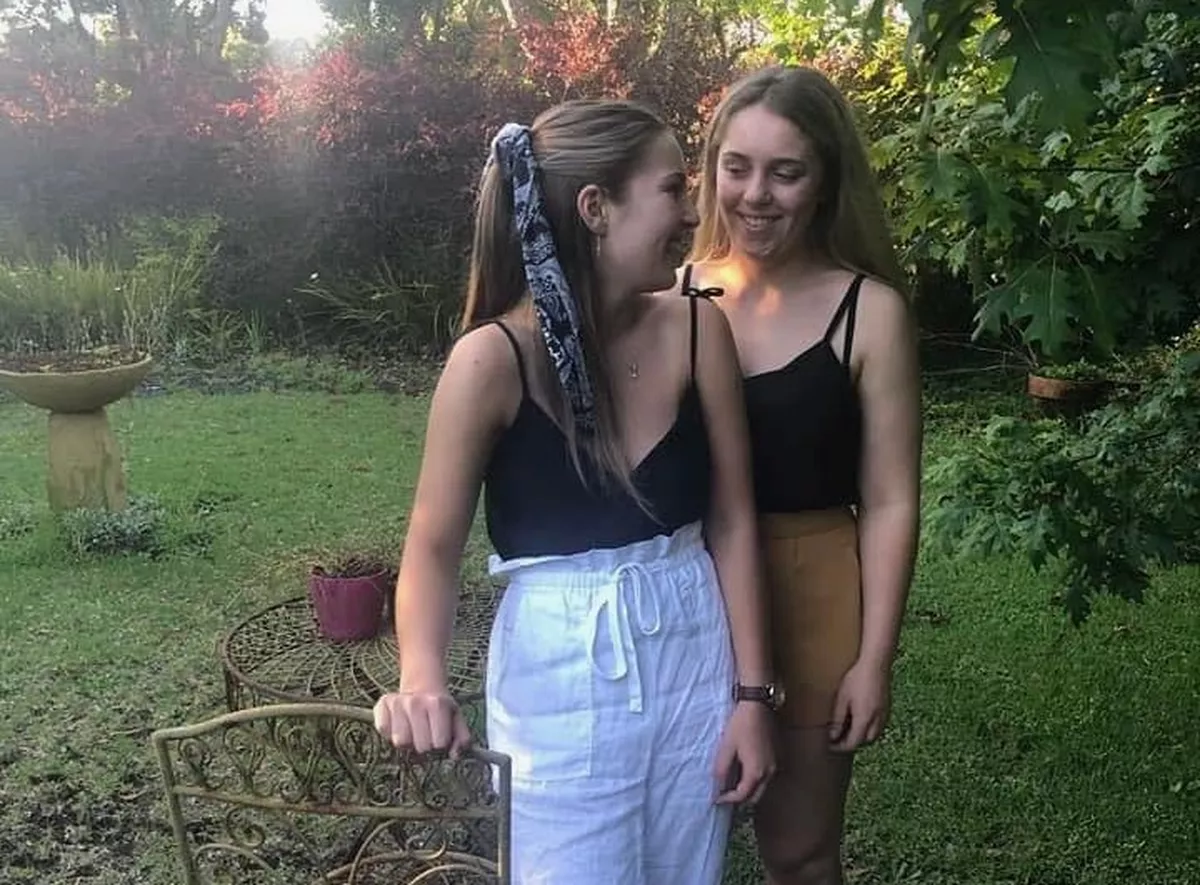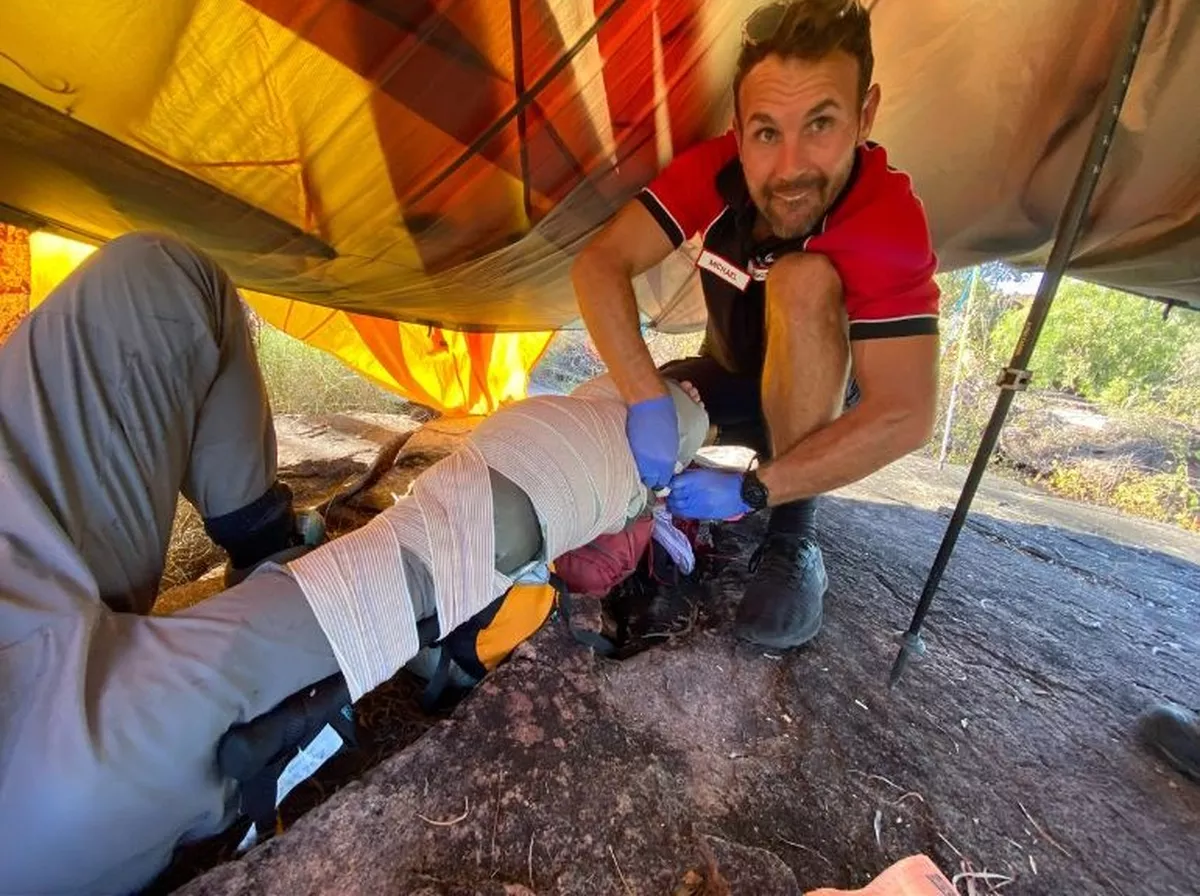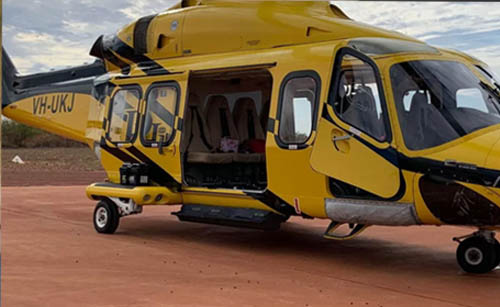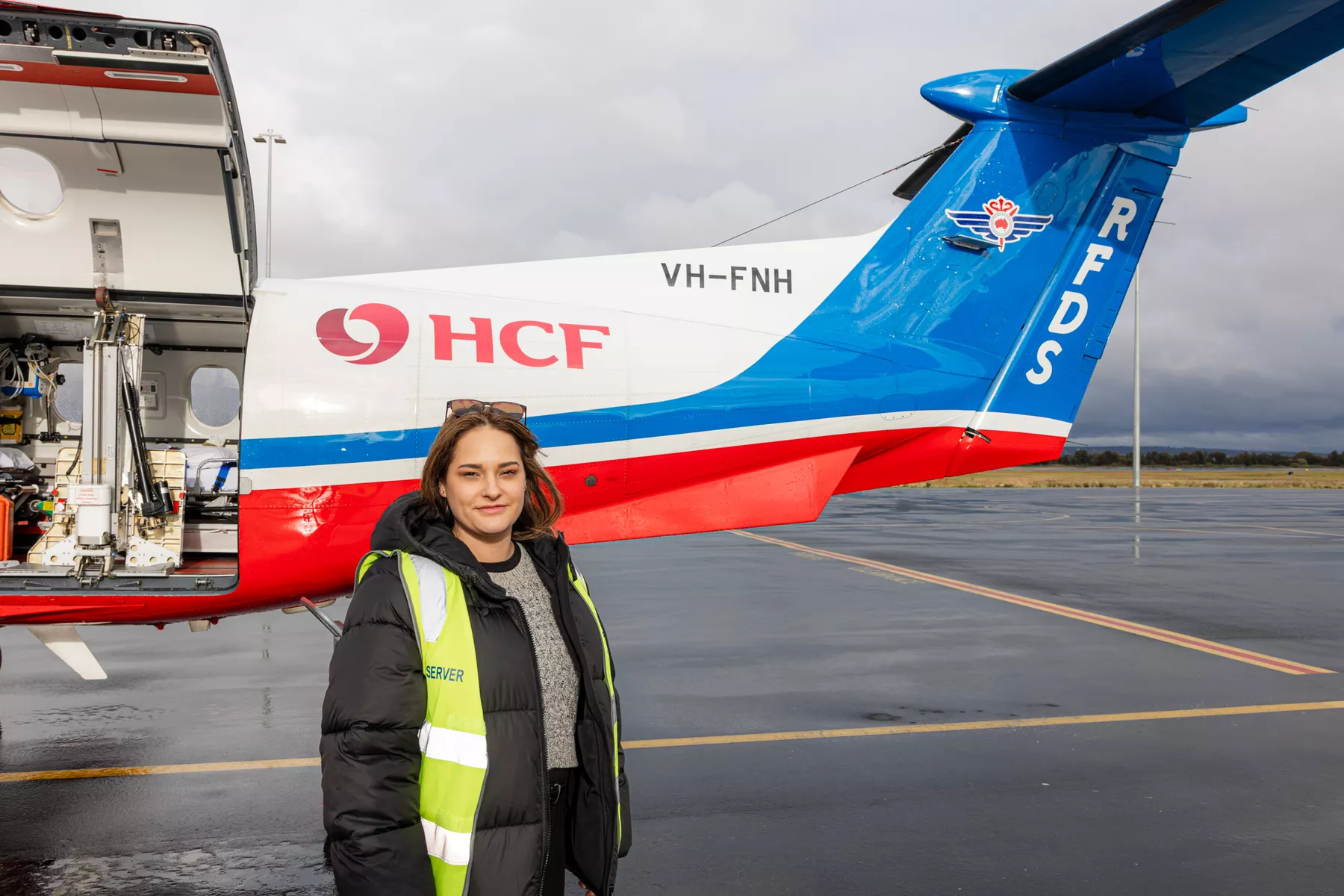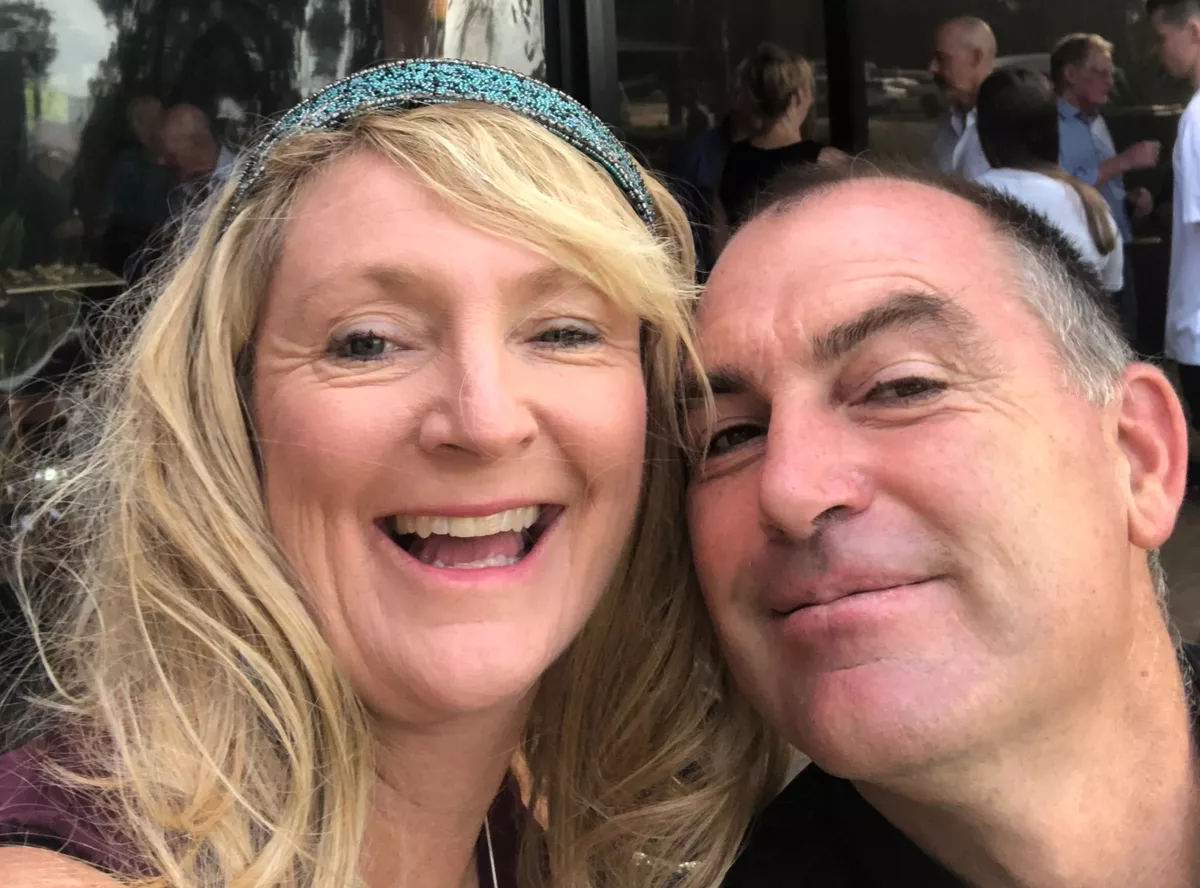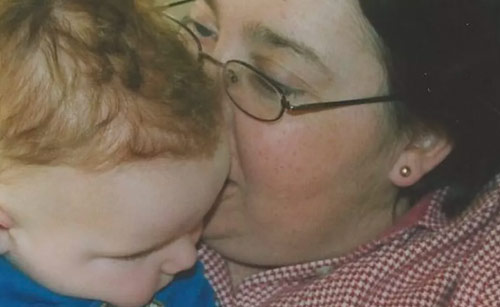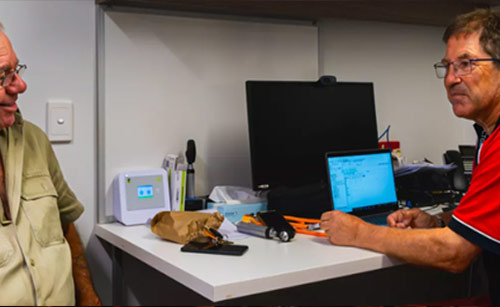The word is spreading across many of Australia’s most remote and rural communities that the ‘Flying Dentists are coming’. And the ever-expanding RFDS program to introduce regular and essential oral health services into some of Australia’s most remote and isolated regions is certainly giving many outback communities plenty to smile about. Research already shows a clear link between oral disease and specific health conditions and chronic diseases including diabetes, aspiration pneumonia and adverse pregnancy outcomes. But equally, poor oral health can also have negative impacts on speech, sleep, productivity, self-esteem, psychological and social wellbeing and relationships. Put simply, better oral health means a better quality of life for those living with chronic or life-changing dental issues. In episode #120 of the Flying Doctor Podcast, we meet one of the Flying Doctors working on the very frontier of outback oral health care delivery. RFDS Senior Dentist Dr Vaibhav Garg – or Dr Vai has his patients and work mates like to call him – has experienced his fair share of international oral health adventures during his career.

But it is the time ‘Dr Vai’ has spent in some of Australia’s most remote and isolated communities that he credits most, for inspiring him to make remote oral health care his life’s work. And it was a tiny, WA wheat belt town called Wongan Hills, that became a pivotal sliding doors moment for a young dentist simply wanting to ‘make a difference’. Having recently been named the Rural Health Pros’ Rural/ Remote Health Professional of the Year, Dr Vai has big plans for the future of outback oral health care and the role that the RFDS can play in making a difference in some of Australia’s most isolated communities. Dr Vai is honoured to have spent time developing his skills in East Arnhem land, working and learning from the indigenous elders and communities about what they want and what they need from any future oral health services. Dr Vai is also a passionate advocate for making oral health an accepted and respected part of a holistic approach to western medicine, given how important the mouth and teeth are to the general health of the entire human body.

In this insightful Flying Doctor podcast interview, Dr Vai also shares how a series of ‘sliding door’ moments during his formative, student years led him away from his initial dreams of a city based ‘dental profession’ and brought him instead to a career path that continues to bring him incredible opportunities, travel adventures and a true sense of purpose and passion. From chewing fibrous plants in Uganda to treating remote communities in the mountains of Peru, Dr Vai has also experienced goanna hunting, traditional ceremonies and bush tucker education during his time in many remote indigenous communities of Australia . Importantly, Dr Vai says his incredible SA/NT RFDS team of fellow dentists, hygienists and specialised dental assistants play a crucial role in everything he does. Conducting regular clinics across SA/NT every month, Dr Vai and his team use state-of-the-art mobile dental equipment to deliver a complete suite of preventative, early intervention and treatment services ranging from simple check-ups, x-rays and hygiene services through to fillings and extractions.

